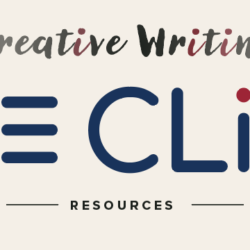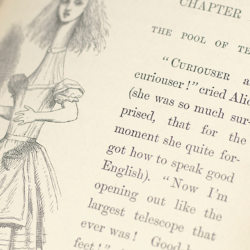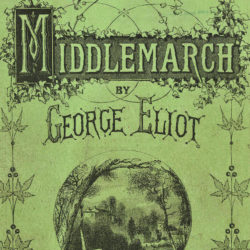This post, penned by Dr Rosalind White (@DrRosalindWhite), will provide an overview of how our CLiC Web App can be used as an innovative historical research tool to cross-reference or verify historical details. This can help writers save time and energy, as well as quickly immerse them in the particulars of their preferred period. You … Continue reading “Using CLiC as a Creative Research Tool: Checking your Manuscript for Anachronisms”
Author: Rosalind White
Introducing #CLiCCreative, a Digital Resource and Research Tool for Writers
Today we have some exciting news. Professor Michaela Mahlberg (@MichaMahlberg)and Dr Rosalind White (@DrRosalindWhite) will be launching a new project, #CLiCCreative. If this is your first time on our blog, the CLiC Web App facilitates computer-assisted textual analysis of nineteenth-century literature. CLiC-assisted research has revealed recurring textual features of narrative fiction that are easily overlooked … Continue reading “Introducing #CLiCCreative, a Digital Resource and Research Tool for Writers”
How can CLiC be used to teach English? Polysemy in Alice’s Adventures in Wonderland
In this post, students of the TESOL (Teaching English to Speakers of Other Languages) MA at the University of Birmingham blog about the CLiC Web App as a language learning resource. This post originated from a task set by Dr Viola Wiegand for ‘Corpus-Assisted Language Learning’, a TESOL module that encourages students to engage with the philosophy of data-driven learning. Many thanks to Weiqing Chu, Luyi Wang, Miaoting Wu and Xinzu Li for their fantastic contribution.
CLiC Quick-Start Guide
Dr Rosalind White takes you through a quick-start guide exploring some of CLiC’s features. If you would prefer video instructions these instructions are available in a Twitter thread. You can also find further guidance on the help tab of the CLiC Web App. The CLiC Web App (Mahlberg et al. 2020) was designed specifically for the analysis … Continue reading “CLiC Quick-Start Guide”
CLiC Call for Papers: Patterns and Particulars in Nineteenth-Century Prose
We invite 250-word proposals for articles between 800-1,500 words that focus on particular details or overarching patterns within the CLiC corpora. Submissions can be limited to just one author or text or cover a range of nineteenth-century texts. Previous guest posts have covered a wide variety of topics relating to the nineteenth century: from Emma Curry’s … Continue reading “CLiC Call for Papers: Patterns and Particulars in Nineteenth-Century Prose”
‘I know no speck so troublesome as self’: Finding Middlemarch through Corpus Linguistics
Dr Rosalind White, (@DrRosalindWhite on Twitter) research associate at the University of Birmingham’s Centre for Corpus Research and on #FindingMiddlemarch at Royal Holloway, University of London, proposes a way into George Eliot’s Middlemarch using corpus linguistics. In this blog post, I’d like to explore how corpus linguistic tools can be used to illuminate the semantic texture of George … Continue reading “‘I know no speck so troublesome as self’: Finding Middlemarch through Corpus Linguistics”
CLiC Blog News
Today we have a big announcement to make. After five years as editor of the CLiC blog, Dr Viola Wiegand is handing over the reins to Dr Rosalind White. So this blog post is to say thank you, Viola, for all your brilliant work over the years. You made a massive contribution to introducing people … Continue reading “CLiC Blog News”







